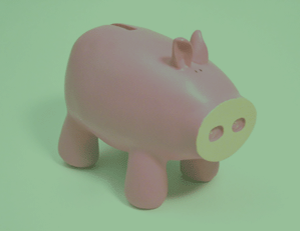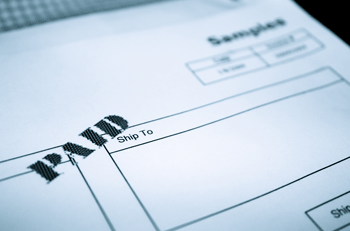Self-care: finding calm in times of crisis
New Year, new lockdown. It can’t be overstated, the way we lead our lives is changing.
The news of vaccination roll-out is the bright light at the end of the tunnel and a real beacon of hope in an otherwise dark January. And of course, the situation continues to challenge us all, personally and professionally, with small businesses really feeling the squeeze.
Home working – and even modified working from the office – brings its own challenge. Access to work emails 24-7 and back to back video calls, whilst trying to stay up to date with the latest developments. Add this to the demands of looking after family and keeping your business running, and it’s a heady mix.
Here at Cashflow Manager, we are doing what we can to support our customers with their businesses, as we all come to terms with a different reality for the foreseeable future. We’re helping our customers navigate the new normal with links to the latest Covid Support packages, and guidance now that that we have truly left the EU. You can find out more about how Brexit impacts your small business here.
And although looking after our business is crucial, if we don’t take the time to look after ourselves and our own wellbeing too, the impact will be far greater.
Being self-compassionate is more important than ever. Far from being self-indulgent, it’s essential for our physical and mental well-being.
Research has shown being self-compassionate alongside practicing self-care, makes it easier to deal with stressful scenarios and ultimately, helps you to achieve your goals.
What is self-care? It’s something we do deliberately to look after our mental, emotional, and physical well-being. A simple concept in theory but in practice, often overlooked.
It is key to improving your mood and reducing stress and anxiety. In a few words, it is trying to lead a balanced lifestyle.
How to practice self-care?
Sleep
Most people probably won’t be having the best night’s sleep right now, but enough sleep is crucial to dealing with stress and coping with everyday life. Avoid caffeine 4 hours before bed. Don’t lie in bed awake – if you find yourself restless, then get up, have a warm drink, keep a note pad at the side of your bed to write down anything that is troubling you. Check out this NHS article for ten tips that can help beat insomnia.
And as hard as it seems, put your electronic devices away an hour before bed. Create a regular bedtime routine including a set bedtime. Your body and mind will thank you for it in the long run.
Laugh
The importance of laughter shouldn’t be overlooked especially in times of high stress or anxiety. In an article for The Conversation, Janet M. Gibson, Professor of Cognitive Psychology at Grinnell College comments, “By activating the neural pathways of emotions like joy and mirth, laughter can improve your mood and make your physical and emotional response to stress less intense”. So, watch your favourite stand-up, comedy movie, talk with friends over text or video chat and commit to supporting and reminding each other that we all need to be better to ourselves, too.
Relaxation exercises / mindfulness
Breath focus and mindfulness meditation are techniques to manage stress and anxiety. Taking time out for you, focusing on the current moment in time, is a great way to check in and minimise worrying about things outside of your control.
Pilates is another great way of focusing on your wellbeing, with relaxing sessions that strengthen your mind whilst strengthening your body at a rate that will surprise even the most dedicated of gym goers. Try a local, small business who have recently turned to online sessions, rather than the usual celebrity offerings that so often clog up your Instagram. That way you are supporting a fellow small business – and the best thing is, you can try something new without feeling embarrassed or obliged to wear the latest gear! Businesses like Pilates | Strength And Soul Pilates | Preston (strengthandsoulskp.co.uk) offer live or on demand classes, so that you can join in at the time that suits you best.
Small life changes
Small changes can have a big impact, so decide what you want to change and set yourself goals to commit to it. It doesn’t have to be major – drinking more water, less coffee or alcohol, a 20 minute walk to break up your day, reading more, picking old hobbies back up… the list is endless. And give yourself the time to succeed – it takes 66 days to form a new habit according to research from Cancer Research UK Health Behaviour Research Centre.
The main thing to remember is that consistency is key, so set yourself a realistic goal – and if you falter, it’s fine – it doesn’t mean what you’re doing isn’t working. Be kind to your yourself and pick up where you left off, you’ll thank yourself later.












Leave a Reply